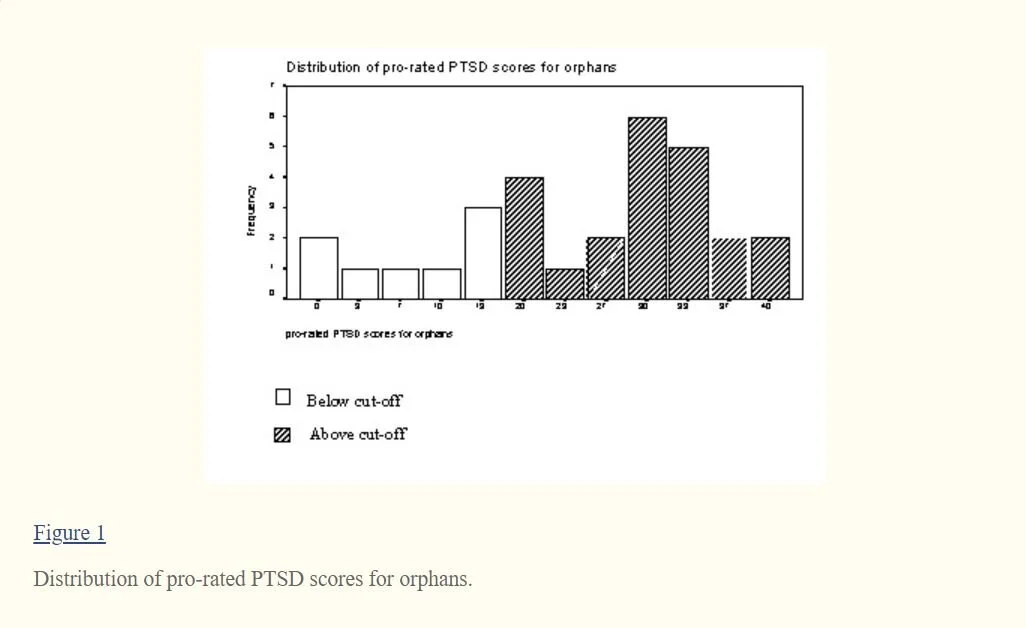AIDS DAY: The psychological well-being of children orphaned by AIDS in Cape Town, South Africa
December 1st is World AIDS Day. A day dedicated to discussing the state of the HIV epidemic. On this day, conversations around the effects of the epidemic are had within communities. As a safe space, we are aware of the impact that HIV/AIDS had on the communities that we work in. A conversation that EarlyBird256 wants to start in the communities that we work in is the promotion of the psychological well-being of the children orphaned by especially AIDS.
In 2006, Lucie Clover and Frances Gardner published the study they did on the psychological wellbeing of children orphaned by AIDS in Cape Town, South Africa. The study focused on the mental health outcomes for urban children living in deprived communities in Cape Town. 60 children participated, 30 were not orphans while the other 30 were orphaned by AIDS.
The study’s results noted that although both groups scored highly for peer problems, emotional problems, orphans scored higher and were more likely to view themselves as having no good friends, and were marked to have more concentration problems. 73% of the orphans who participated in the study showed signs of Post-Traumatic Stress Disorder.
The study noted that there is little available research, but increasing concern regarding the psychological well-being of orphans in Africa. Children orphaned by AIDS are exposed to multiple stressors which may complicate the grieving process. Their caregivers have also been found to suffer poor psychological health themselves.
The intermittent nature of the disease, stigma and secrecy around that death, the move into foster care, into a child headed household, or onto the streets, could all potentially contribute to trauma for children. The research could not show whether the problems identified are related to orphanhood in general, rather than orphanhood by HIV/AIDS. It was suggested that future studies may need a comparison group of children orphaned by reasons other than AIDS. The study noted that this makes it hard since many reported non-AIDS deaths are due to AIDS.
Partial difficulties in this study included stigma and secrecy around HIV/AIDS, which often delayed identification of and access to affected families and children. The findings of the study suggest important areas for longer-scale research into the mental health of orphaned children. Despite the limited evidence, the findings suggested that children orphaned by AIDS may have unmet psychological needs. The finding of strikingly high PTSD- type symptoms in this study indicate that this should be a key area for research and intervention
The rising orphan numbers may lead to an increase in child-headed households and street children. Very few organizations provide psychosocial support for children who are parentally bereaved by AIDS, and only a small minority of children receive support. The findings of this study and other studies suggest that there is a need for effective interventions to reach a longer proportion of orphaned children. These interventions must be sensitive to the differing cultural norms and political agendas around HIV/AIDS in South Africa and Africa in general. Additionally, they must also function within the scarce resources available in communities supporting orphans of the AIDS pandemic.
The study only focused on Cape Town, however we know that nearly 14 million AIDS orphans live in sub-Saharan Africa. There is a high need for more research and safe spaces to help those affected heal and live a thriving life.

